Outside children. A common occurrence in the Caribbean. You go to bed knowing of one brother and sister then wake up to find you now have a few more siblings to add to the family tree. Over time you get to know each other. You visit. You hang out. You gyaf over the phone. And you like them, you really do. But they’re not really a part of the family. They’re not a part of the inner circle. They don’t get the jokes the family tells. They don’t have the same memories so can’t reminisce with the crew. When they come over they are welcomed but they are still very much a visitor in your home. Is so I have felt about my status as an American of Caribbean descent. Like the red-headed stepchild that everyone loves but doesn’t fully embrace as a true member of the family.
I’ve been reminded of this separation many times over the years. When hanging with home born family or friends, in the midst of a conversation about some Guyanese place or tradition, I give my two cents and someone replies ‘but you is a Yankee what you know bout dat eh?’ Or at a family function, when everyone is queuing up to the table, laden with dishes of good Guyanese food, I turn up my nose at the channa or black pudding or souse and someone calls out, ‘Y’all Americans ain’t know good food!’ Is pure nugget and fries and hamburgers y’all does eat.’ And everyone laughs. I smile and chuckle a bit too but really I feel embarrassed and dismissed. Like the new girl at school who got denied when she tried to sit at the popular kids table.
But over the years, as I’ve gotten older. I’ve pretty much gotten over it. Or so I thought. It was on a recent trip to Guyana that I realized it was still a bit of a sore spot.
I was sitting one evening, discussing this site with an elder relative, explaining that I created it as a space to explore Caribbean-American history and culture. I was promptly told (in the way that only a highly educated, highly opinionated 80 year old Guyanese woman can do):
‘You can’t do that.’
Huh? ‘Why not?’
‘Because you are not Caribbean. You don’t know the history.’
‘No,’ I explain, ‘I’m discussing Caribbean American culture, how the two intersect -‘
‘No! You are not from here, how can you discuss it?!’
Well, as the conversation was already a little heated from our earlier political talk I decided not to aggravate her further and, like a proper Guyanese gyal, I just smiled and nodded. ‘Oh ok. I see. You’re right.’ And left it at that.
Thinking on it later, I realized that I am not over it. Though I wasn’t as hurt as I’d been as a youngster, I was upset that still, to some, being born and raised in the States disqualified me from taking part in the Caribbean conversation.
But I’m no small child anymore. I’m not going to sit and wait on my half brothers and sisters to accept me into the family. I is a grown ‘oman and am going to plunk me rass down at the family table and you WILL deal with this outside child. I am your sister from another mister and my two cents are just as valid as yours.
This walk between two cultures has been difficult at times but I love my heritage and revel in it proudly. ALL of it. America and Guyana, hip-hop and soca, hamburgers and pepperpot, apples and mangos, zombies and jumbies, Labor Day parade and Mashramani. It’s a beautiful mash-up of cultures that will pass onto the next generation, my boys, who already know that, without question, they are full fledged members of both their Guyanese and American families.
To those born State side: Have you ever felt dismissed by your Caribbean counterparts? How do you deal with it? Do you feel like you are a part of the West Indian family? And to the island born: Can the American born ever be considered true members of the Caribbean family? Why or Why not?
This post is published as part of Code Red for Gender Justice’s January e-Mas Blog Carnival on the theme ‘To the Caribbean, With Love’. Check out the other amazing bloggers taking part in the carnival here.
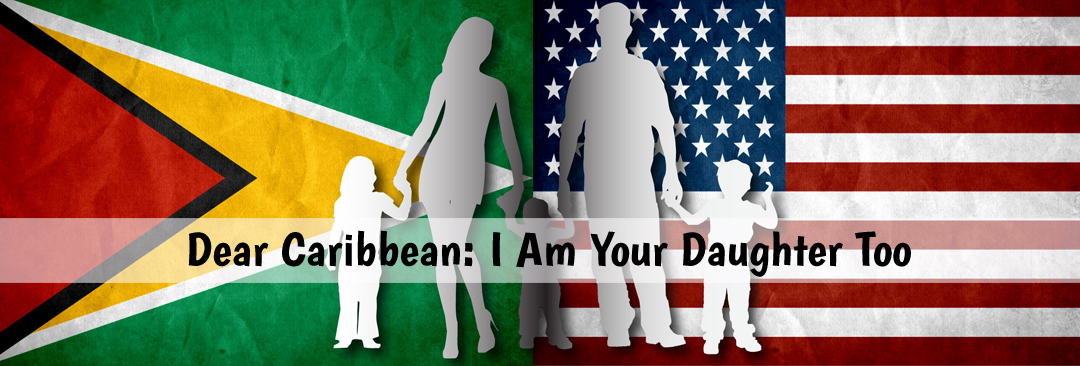
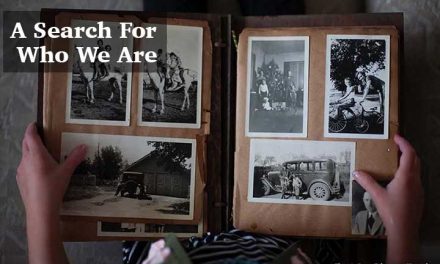
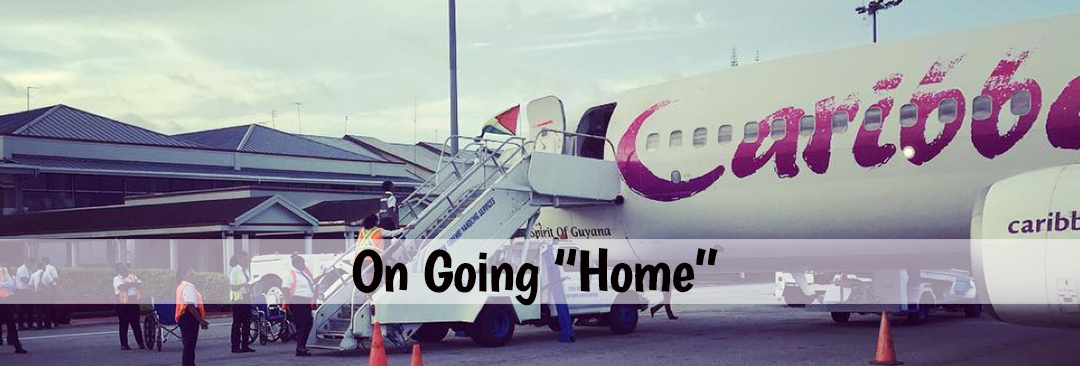
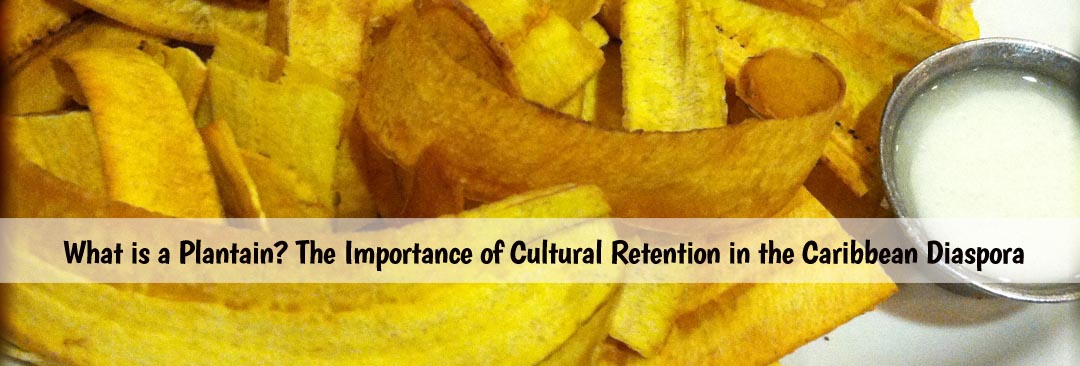
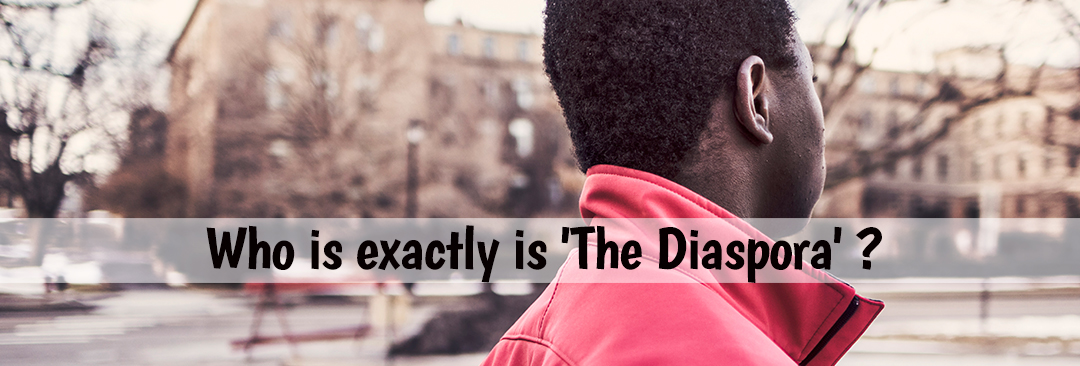
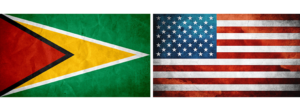
I love the title of this piece and I immediately knew I would relate. As a Jamaican-American, I have often been told that I cannot call myself a Jamaican by people born in the islands and the states alike. Admittedly, it still bothers me from time to time; but not as much as it used to. When I would voice my annoyance over it, my mom would tell me that I have the best of both worlds. Still, there will always be a part of me that wishes I would have been born and raised in Jamaica. When I hear my family reminisce about living in Jamaica ( both fond and difficult memories), sometimes I feel that I was cheated in some way. Jamaica might not have given me gifts in the same way as my family members born on the island but I still received them. I grew up on Jamaican food, listening to caribbean music, learning about Jamaican history (my history) and visiting Jamaica with my grandparents. No man, woman or child can ever tell me what Jamaica means to me. It is my culture and a huge part of me.
Well said Dee! I’ve felt the same way but and the end of the day, as you said, no one can tell us who we are. We are just as Caribbean as we are American. Dem will haffi deal wit it! 🙂
I agree Deb. The less you visit the more you are a visitor when you to return. I 1st visited Guyana I was very small (I don’t remember it) then again when I was 12 and not again til I was an adult taking my kids.
On the other hand my kids have been almost every other summer from infancy til teen years. That mush be why they don’t have this angst that I felt. I’ll have to talk with them about it more.
Did you siblings migrate with your parents? Or were they sent for later?
As the American-born last child from a family of 6 siblings, all of whom were born in Dominica, I can relate to the article. Thankfully, my parents took me back home from the time I was four on a regular basis, so even though I would get the “you’re an American” comments from time to time, I never felt dismissed. With that, I never felt like I was not a part of the West Indian family. I have a better grasp on accents, sayings, taste in food and music more than my West Indian born parents and siblings.
What I am not a part of are the issues that my siblings and cousins had to go through when their parents migrated to the States. I gratefully escaped the abuse that took place and I don’t have to have daily reminders of them. However, they have a bond because of it that I cannot understand. It is only in this way I feel like an outsider.
I am proud to be able to hold a passport from both lands. When I visit, I don’t want to leave because it feels like home. I think the experiences that most American-born children of West Indians deal with is mostly in part because parents don’t take their kids home, so a lot of times, there is a disconnect that can be difficult to connect if exposed late in life.